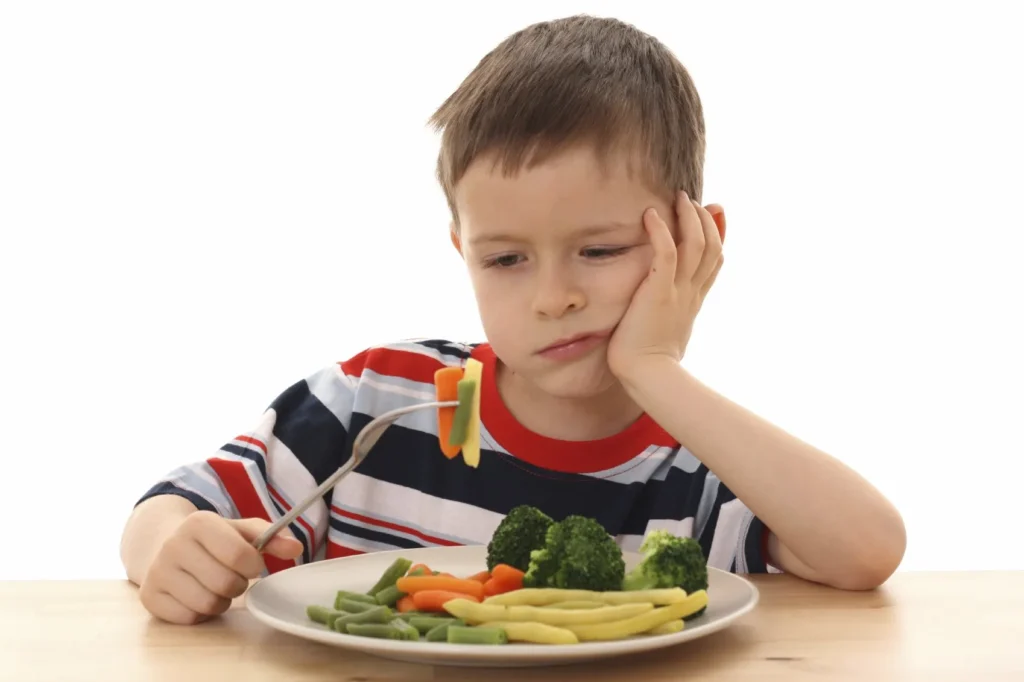
The Importance of Nutrition in Early Childhood
Proper nutrition in early childhood supports development and growth. Without it, children can experience emotional and physical deficits that prevent them from thriving. Children who learn about healthy nutrition habits from early childhood education and care settings are more likely to stick with those habits later in life.
According to the World Health Organisation, 45 per cent of deaths in children under the age of 5 in low and middle-income countries can be directly linked to malnutrition. Even in less severe cases of poor nutrition habits, children can lag their peers developmentally.
Creative Childcare Centres focuses on early childhood nutrition as part of our curriculum. Along with play-based learning, we ensure children in our care learn the building blocks of a healthy and nutritious diet. Children learn how developing healthy eating habits can affect their minds, bodies, and spirits and are encouraged to eat a variety of foods to stay strong.
Nutrition and the mind
As part of our creative nutrition program, children are exposed to age-appropriate lessons about how eating well can help their brains develop. Some of the most important nutrients for brain development include choline, folate, vitamins A and D, iron, and zinc.
Growing children also need adequate protein from red meat, poultry, seafood, nuts and beans, and dairy products. All meals and snacks served at Creative Childcare Centres follow dietary guidelines for growing children.
Nutrition and the body
Growing bodies, just like maturing brains, need adequate nutrition to stay healthy. Children who do not eat a variety of nutrients may fall behind their peers in fine and gross motor skills development. During early childhood, improper dietary practices can lead to less energy, which conversely affects physical development. Creative Childcare Centres emphasises physical activity in addition to a well-rounded diet to help children grow strong mentally and physically.
Nutrition and the spirit
While poor nutrition practices can stunt physical growth and brain development, they also can affect a child’s spirit. Children who are deprived of a well-balanced diet can become depressed and less interested in learning. They lose the ability to cope with situations around them.
Creative Childcare Centres focuses on nourishing a child’s body, mind, and spirit through our comprehensive curriculum. Our play-based learning model incorporates creative nutritional habits designed to help children understand the importance of choosing the right foods as they grow.
Tips for at-home nutrition
Children can carry the nutrition lessons they learn at Creative Childcare Centres to their home lives, sharing some simple tips with their parents to get the whole family healthy.
- Create colourful plates that contain a variety of vegetables.
- Limit sugary drinks, including juices.
- Keep healthy snacks like fruits and nuts easily accessible.
Choosing a nutrition-focused childcare program
Creative Childcare Centres stresses the importance of nutrition in early childhood through its curriculum. Our creative nutrition program ensures children in our care have healthy meals and snacks throughout the day. We also teach children how to choose healthy meals and snacks to care for their bodies, minds, and spirits. Contact us to book a tour or to learn more about enrolling your child in one of our three locations.



